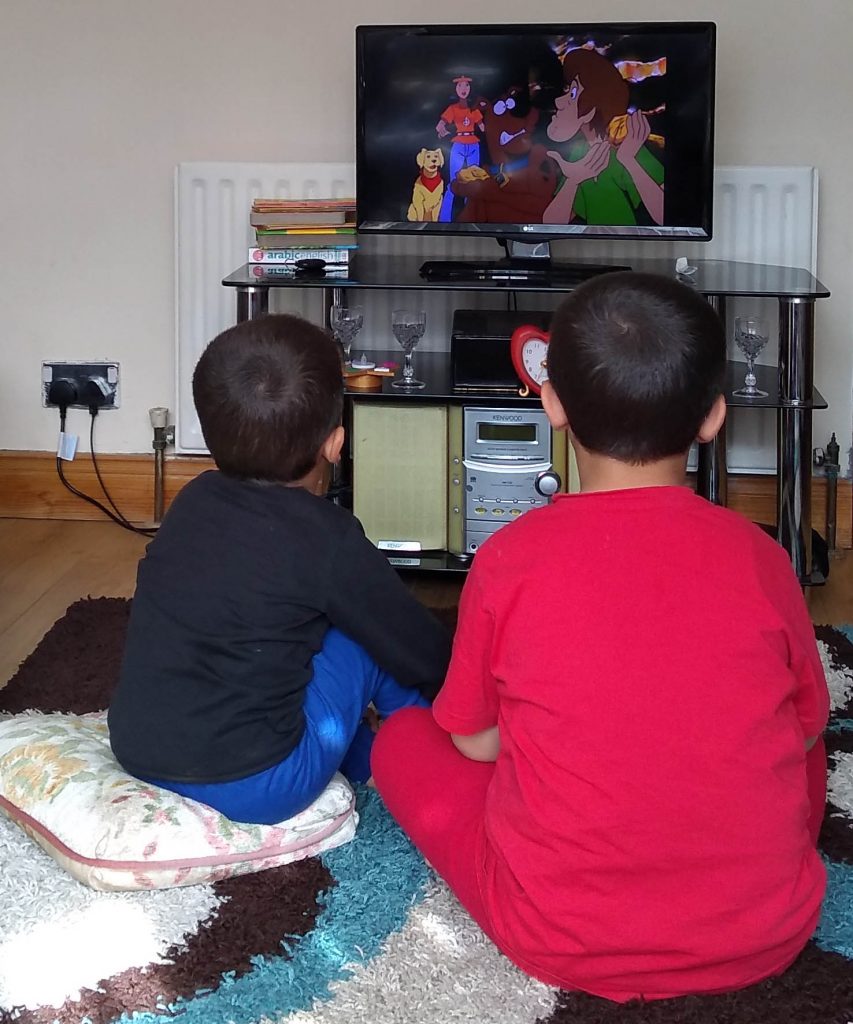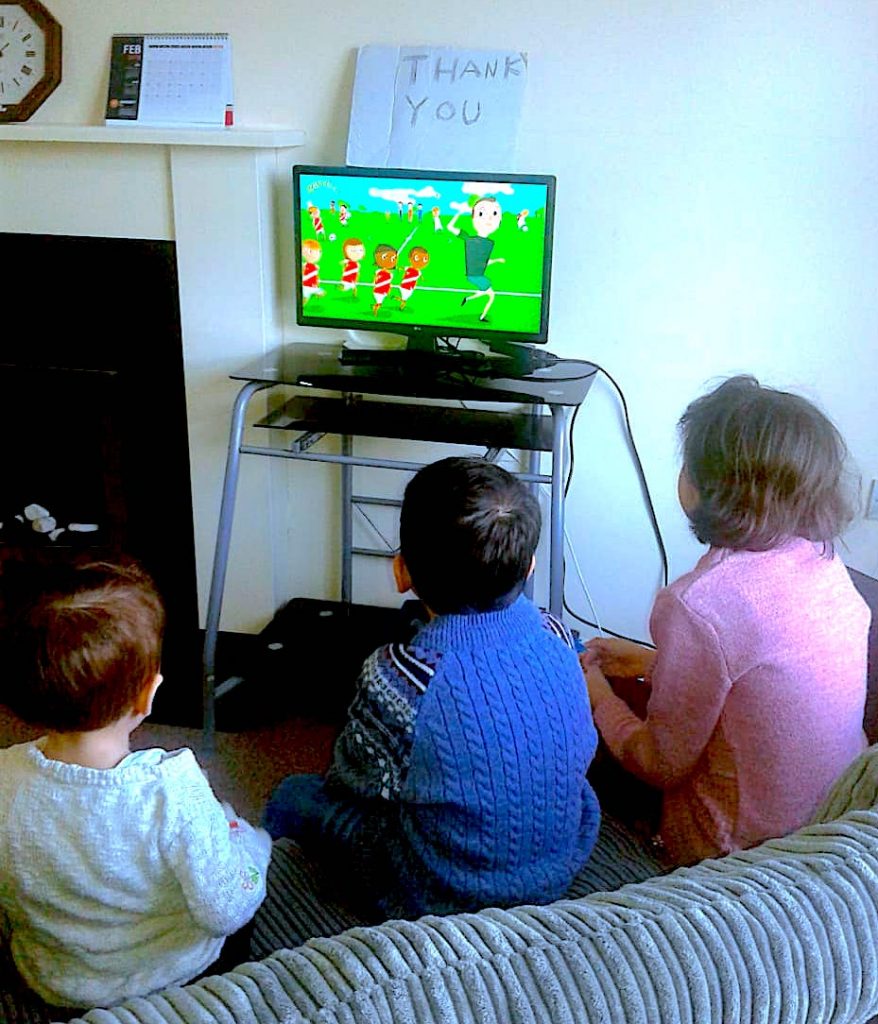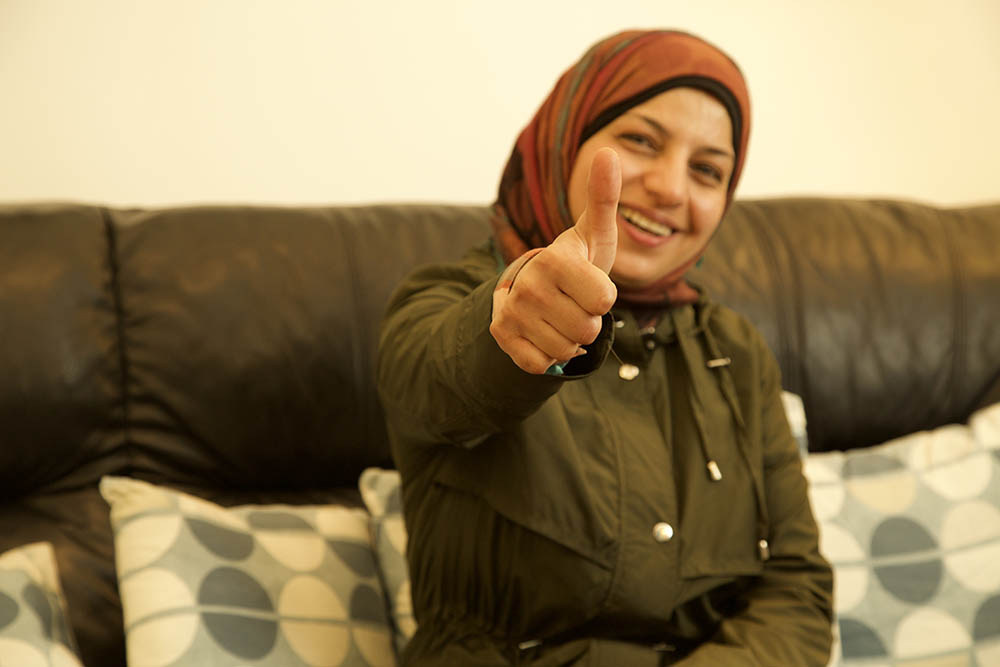Loneliness and social isolation are the biggest challenges faced by refugees arriving in London. They have been forced to leave their home country, their community and often their family as they flee war and persecution. New refugees are keen to make friends and contribute to society, but they face language and cultural barriers that can make this difficult. These barriers can separate refugees from the people around them, and make building a new life very lonely work.
At WaveLength, we work with organisations across the UK who are supporting newly-arrived refugees. As we have seen, loneliness and social isolation are two of the biggest challenges facing refugees in Britain today, and we work with these organisations to help overcome this loneliness.
Why do refugees need this support?

The majority of refugees that we assist have arrived through the government’s Syrian Vulnerable Person Resettlement (VPR) Scheme. These refugees have come directly to the UK from refugee camps around Syria in countries such as Jordan and Iraq. This means that they have all been displaced from their homes, and have experienced the trauma of war and upheaval. To be eligible for the VPR scheme, people must meet at least one of the following categories:
- Women and girls at risk
- Survivors of violence or torture
- Individuals with medical needs or disabilities
- Children and adolescents at risk
- Individuals at risk due to their sexuality
This means that the refugees arriving under this scheme have complex needs, and are more at risk of loneliness.

Their homes and possessions were destroyed, and they have arrived in the UK with no money. They have been supported to claim UK benefits, but the money they receive from social security is not sufficient for them to purchase non-essential items, such as a television.
The families are currently very socially isolated as they do not yet speak English and they are new to Northern Ireland. They are still adjusting to the huge challenges of a new life in a new country. They do not all live in an area where there are any other Arabic speakers. They are isolated socially and they have no English yet. They also have a young child under 2 years old.
The parents are not yet able to seek employment due to the language barrier, and the children are experiencing boredom as their parents do not have the money to engage them in activities during the evenings.
How does technology help?
For people with such complex needs, a radio, television or tablet computer can represent many different things. It can be a way to keep track of what is happening at home, improve language skills, complete homework, make friends, better understand British culture and create a sense of normality in unfamiliar circumstances.


